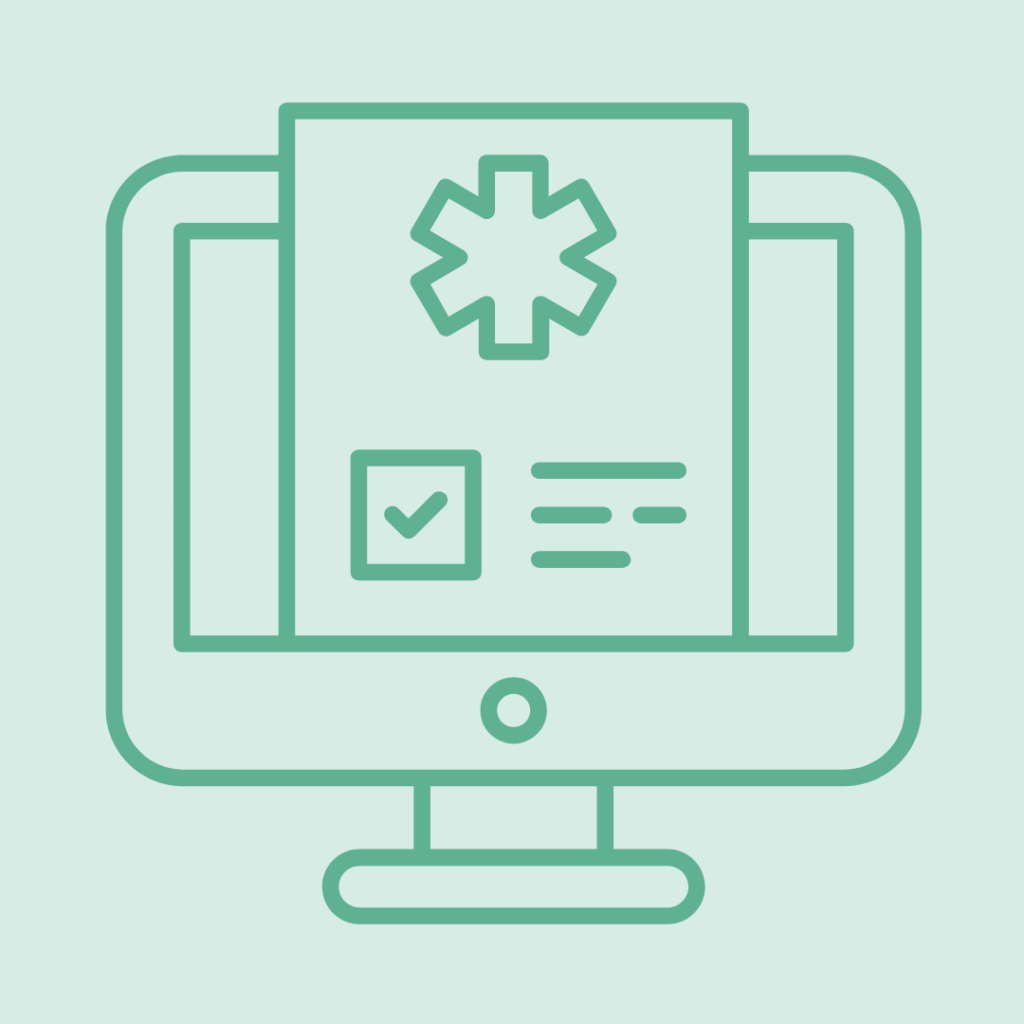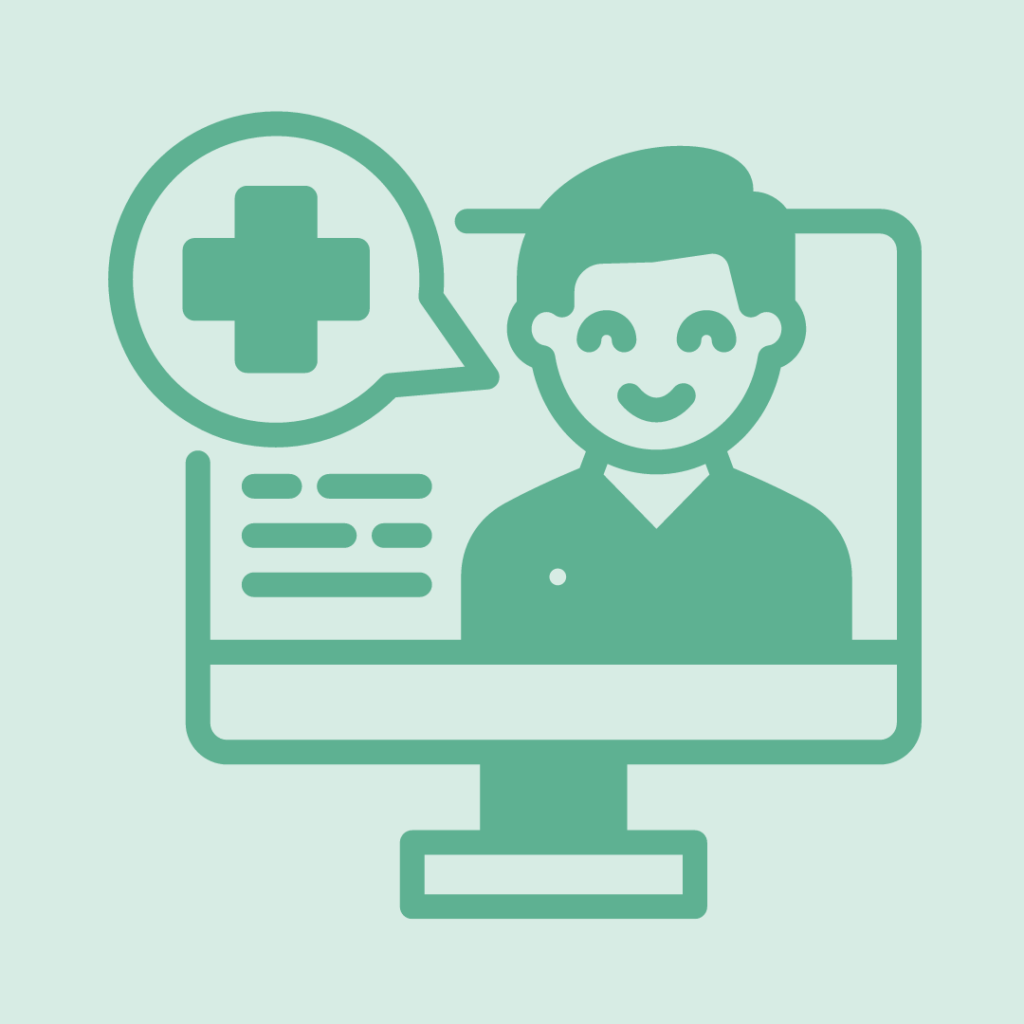Headache treatment
6am - midnight, 7 days a week
Accessible from anywhere in Australia.
eScript in minutes
Medication delivery

What is headache?
A headache is a common condition that causes pain or discomfort in the head, scalp, or neck. It can range from mild to severe and may be caused by stress, dehydration, medical conditions, or environmental factors. There are several types of headaches, including tension headaches, migraines, and cluster headaches.
Headache Treatment Options

Online Prescriptions
- For when your script has run out
- Script sent to your phone
- Doctor approved

Telehealth Consultations
- When you need to speak to a doctor
- Online, Video & Phone Call or Message
- Fast access to medical advice
Medical Certificates
- For when your script has run out
- Script sent to your phone
- Doctor approved

Headache Symptoms
Symptoms vary depending on the type of headache but may include:
- Dull, aching pain or pressure in the head (tension headache)
- Throbbing or pulsing pain, often on one side of the head (migraine)
- Sensitivity to light and sound
- Nausea or vomiting (commonly associated with migraines)
- Sharp, severe pain around one eye (cluster headache)
Understanding Headaches
Explore the causes, types, and complications related to headaches.
Headaches can be caused by stress, tension, dehydration, poor posture, eye strain, sinus congestion, or underlying medical conditions. Triggers may include lack of sleep, certain foods, noise, or hormonal changes.
Common types include tension headaches (pressure-like pain), migraines (pulsating pain with nausea or sensitivity to light), cluster headaches (severe pain around one eye), and sinus headaches (pressure around cheeks and forehead).
Frequent or severe headaches can affect concentration, productivity, and quality of life. In rare cases, they may signal a more serious issue such as an infection, brain injury, or tumor. Persistent headaches should be evaluated by a healthcare provider.

Need a Specialist Referral?Get Yours in a Few Simple Steps!
Skip the long clinic waits and get referred to a specialist in minutes. The process is fast, secure, and simple.
- Quick access to specialist referrals – no in-person appointments needed
- Telehealth consultations with trusted, licensed doctors
- Fast, reliable service – referrals sent directly to your chosen specialist
- Convenient and affordable healthcare from your home
- No hidden costs – just simple, upfront pricing
Frequently
Asked Questions
A headache is a common condition that causes pain or discomfort in the head, scalp, or neck area. It can range from mild to severe and can be caused by various factors, including stress, dehydration, lack of sleep, or medical conditions. The pain may be sharp, dull, throbbing, or constant, and it may last for a few minutes to several days. While most headaches are not serious, they can affect daily life and should be treated accordingly.
There are several different types of headaches, each with distinct causes and symptoms. Tension headaches are the most common and are often caused by stress or muscle tension in the neck and scalp. Migraines are another type, characterized by intense, throbbing pain, usually on one side of the head, and may be accompanied by nausea, vomiting, and sensitivity to light or sound. Cluster headaches, which occur in cycles, cause intense pain typically around one eye. Other types include sinus headaches, caused by sinus infections, and rebound headaches, which are triggered by overuse of pain medications.
Headaches can be caused by a wide range of factors. Common causes include stress, dehydration, poor posture, lack of sleep, or eyestrain. Environmental factors like bright lights, loud sounds, or strong smells can also trigger headaches in sensitive individuals. Medical conditions such as sinus infections, temporomandibular joint (TMJ) disorders, or even underlying neurological conditions can also lead to headaches. In some cases, hormonal changes, certain medications, or an unhealthy diet may contribute to headache development.
To diagnose the cause of your headache, a healthcare provider will typically conduct a physical examination and ask about your medical history, lifestyle, and the specifics of your headaches. This includes when they occur, how long they last, their intensity, and any triggers or accompanying symptoms. If necessary, your doctor may recommend imaging tests, such as a CT scan or MRI, to rule out any underlying conditions, especially if the headaches are severe or sudden in onset.
Treatment for headaches depends on the type and cause. Over-the-counter pain relievers, such as ibuprofen, aspirin, or acetaminophen, are commonly used for mild to moderate headaches. Migraines and tension headaches may benefit from specific medications like triptans or muscle relaxants, which can be prescribed by a doctor. For chronic or severe headaches, preventive treatments such as prescription medications, physical therapy, or lifestyle changes may be recommended. In some cases, relaxation techniques, stress management, and dietary adjustments can help reduce the frequency of headaches.
Most headaches are not dangerous, especially when they are occasional and mild. However, severe, sudden-onset headaches or headaches accompanied by other symptoms like vision changes, difficulty speaking, or weakness may indicate a more serious condition, such as a stroke, brain tumor, or infection. If you experience any of these symptoms, it’s important to seek immediate medical attention. Chronic headaches, though generally not dangerous, can significantly affect your quality of life and may require ongoing treatment to manage.
While not all headaches can be prevented, there are steps you can take to reduce the frequency and severity of headache episodes. Staying hydrated, getting enough sleep, managing stress, and maintaining good posture can help prevent tension headaches. Identifying and avoiding headache triggers, such as certain foods, smells, or environmental factors, may also help. For those prone to migraines, preventive medications and lifestyle changes, such as regular exercise and avoiding known triggers, may be recommended by a healthcare provider.
